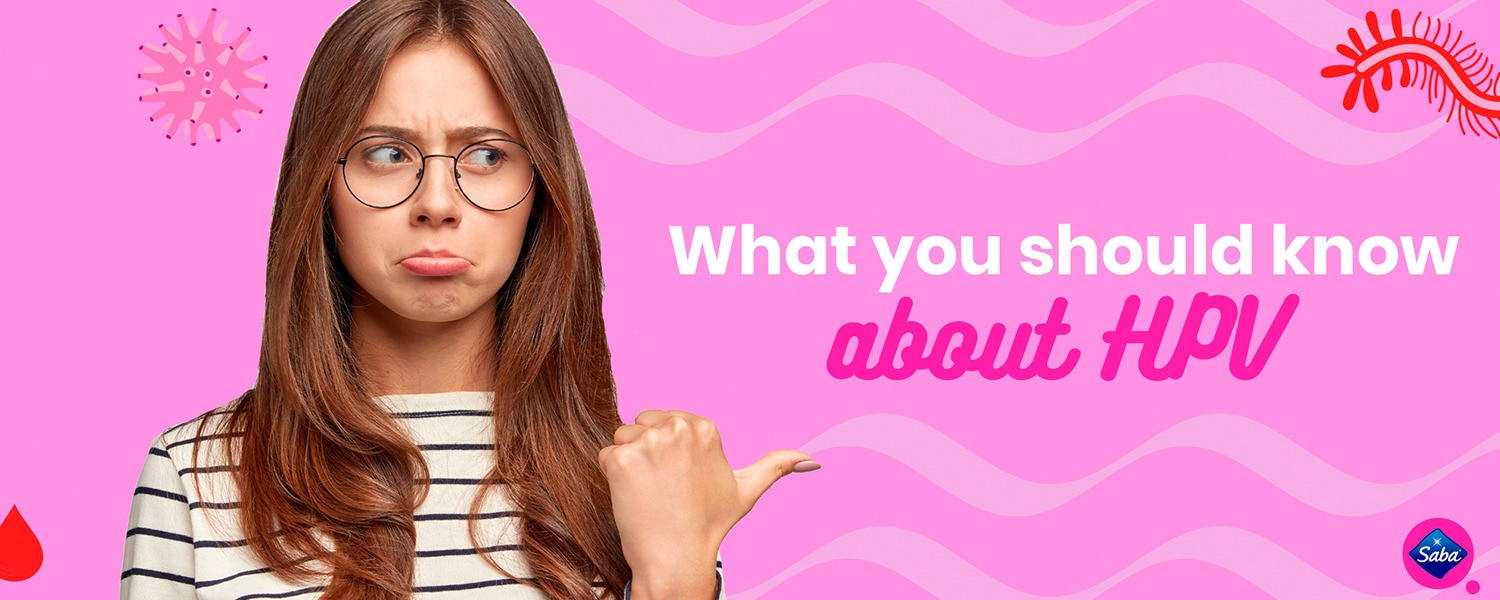What To Know About HPV

Saba® makes you feel #CómodaContigo.
Any sexually active person is at risk of contracting Human Papillomavirus (HPV), precursor of cervical cancer.
Many people who are infected don’t show signs or have symptoms, which is why they can transmit it to someone else without even knowing.
"Most men and women — about 80 percent of sexually active people — are infected with HPV at some point in their lives, but most people never know they have the virus," Cleveland Clinic.
When a woman is infected with certain types of high-risk HPV and doesn’t treat the infection, she could develop abnormal cells in the lining of the cervix, which, if not detected early with a Pap Smear and treated, can become precancerous cervical lesions, and potentially develop to cancer.
Cervical cancer does not develop suddenly, but normal cervical cells gradually develop into precancerous cells which later turn into cancer, a serious and life-threatening disease.
Test Passed
The American Cancer Society recommends that women aged 30 or older, who have had normal Pap Smear test results for 3 years, undergo the test every 2 to 3 years. Women who are older than 70, who have had normal test results three consecutive times, without an abnormal test result in 10 years and without new risk factors for cervical cancer (like a new sexual partner), can opt to not screen for cervical cancer.
A Pap Smear checks a sample of the cervical cells and puts them under a microscope, to detect abnormalities that could lead to cancer.
Have you gotten a Pap Smear yet? If you're 21 years old and haven't had a Pap Smear yet, or if you haven't had one in a few years, make sure to schedule an appointment with your gynecologist.
